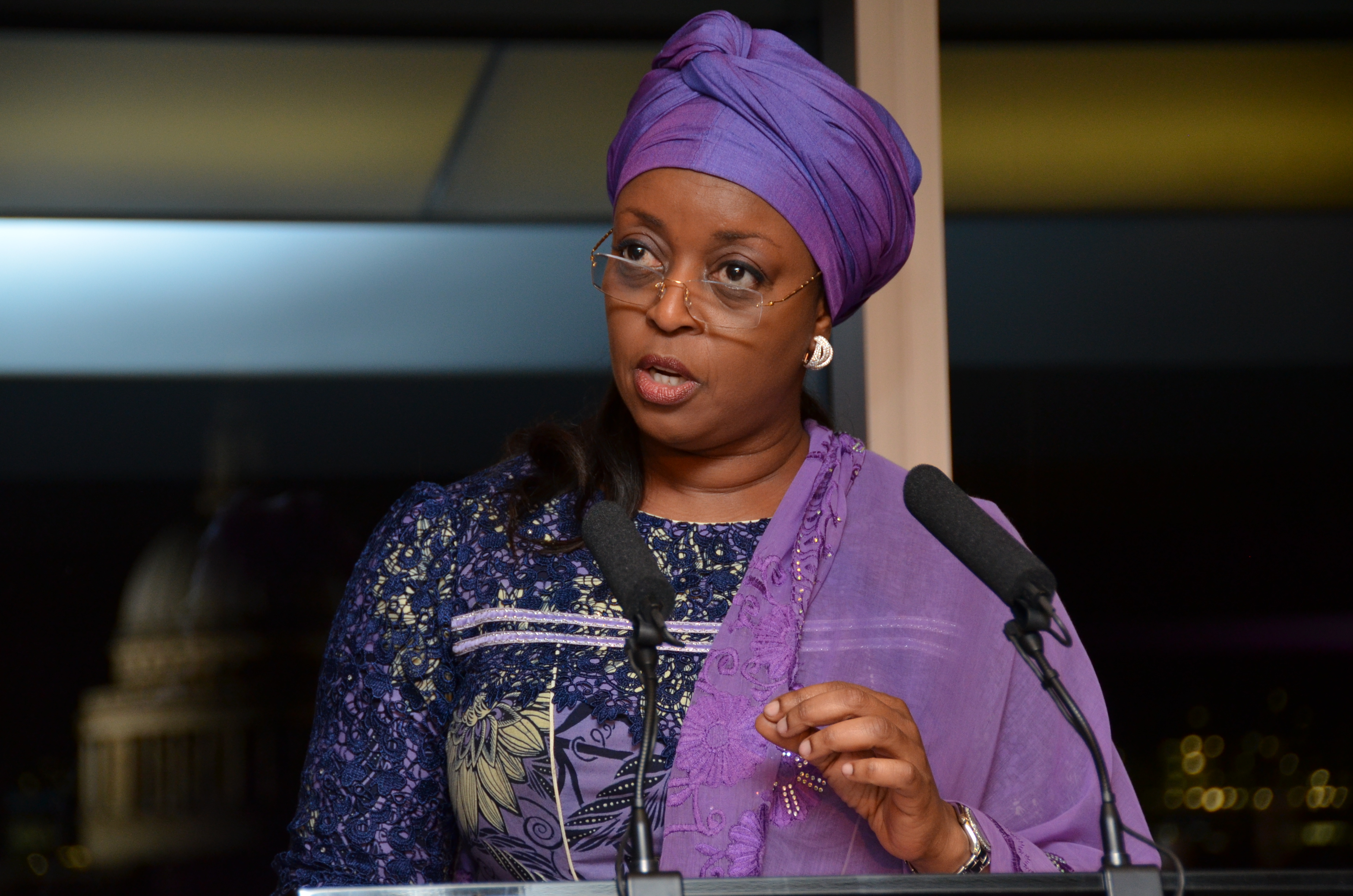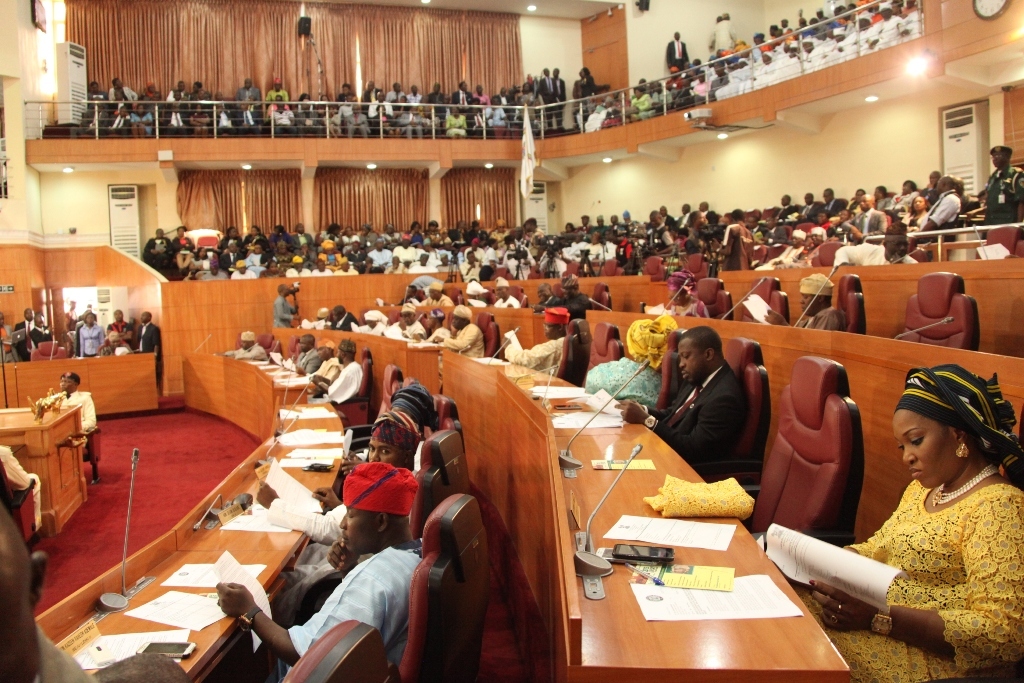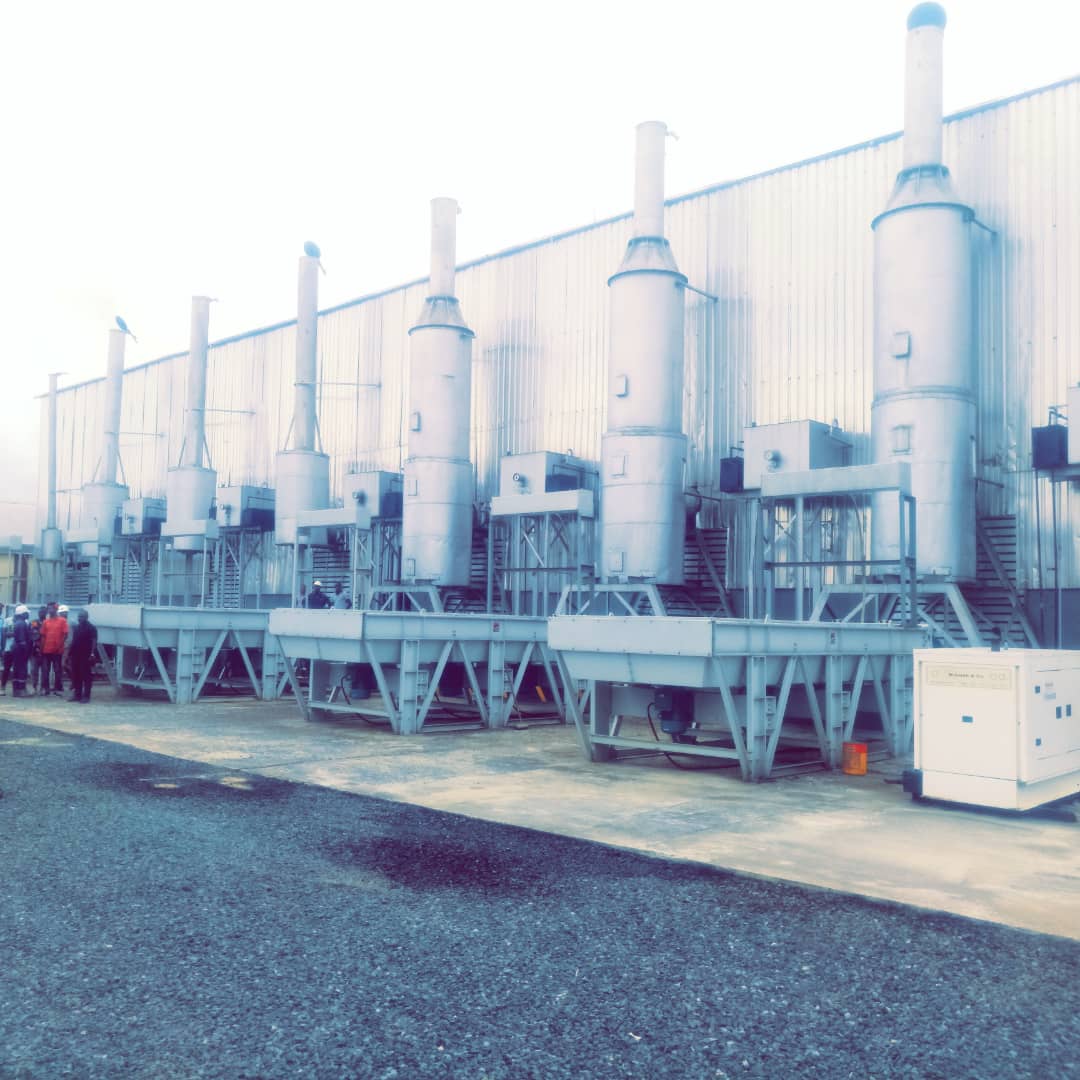Godwin Emefiele, governor of the Central Bank of Nigeria (CBN), says more items will be added to forex restriction list.
Emefiele told journalists at the State House on Monday that the president’s directive to restrict forex for the importation of food items is in line with the policies that the CBN introduced in 2016.
“If you recall, we started with about 41 items (food and non-food items), because we believe that those items can be produced in the country,” he said at the retreat organised for ministers-designate.
“We are basically saying if we have a food item that can be produced in the country, why should we waste scare foreign exchange importing those items into the country, when those can be produced in the country.
Advertisement
“I will say that to be honest, we would aggressively go more into the list of items that are being imported into the country, items that can be produced in Nigeria.
“It will not affect the content of the AfCFTA, in any case, the AfCFTA is an agreement that is ongoing, the terms of engagement are still being discussed and negotiated.”
Emefiele said the restriction would not be limited to the CBN source as banks would also not be allowed to provide forex for such importation activities.
Advertisement
Asked if there will be no amendment to the policy, he said: “There will never be an amendment because the issue is this, why should we be exporting jobs to other countries?
“Today we are complaining that there is a high rate of unemployment, leading to some extent the level of insecurity in the country, why should we allow people to import food that can be produced in the country?
“I am saying we will not change course, we will even be more aggressive on this programme.
“When we get into the AfCFTA issues we will also look at the details of it, but at this time we are saying we need to create jobs for our country, for the youths and we need to create jobs, we yearn for growth and the only way we can really accelerate growth in a Nigeria between now and next four years is to see to it that items that can be produced in Nigeria are indeed produced in Nigeria rather than being imported into the country.”
Advertisement
Add a comment







